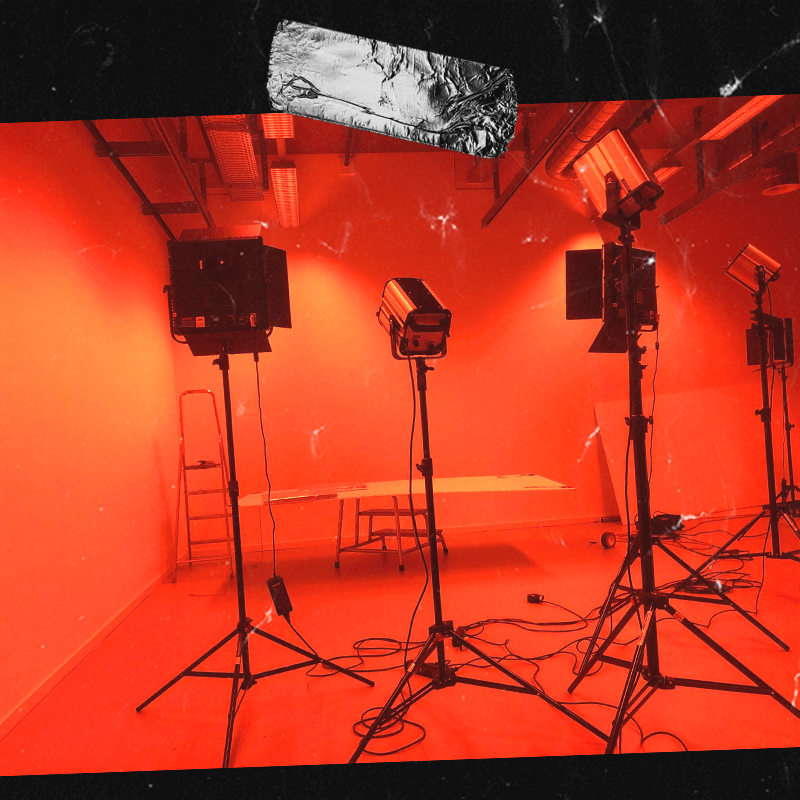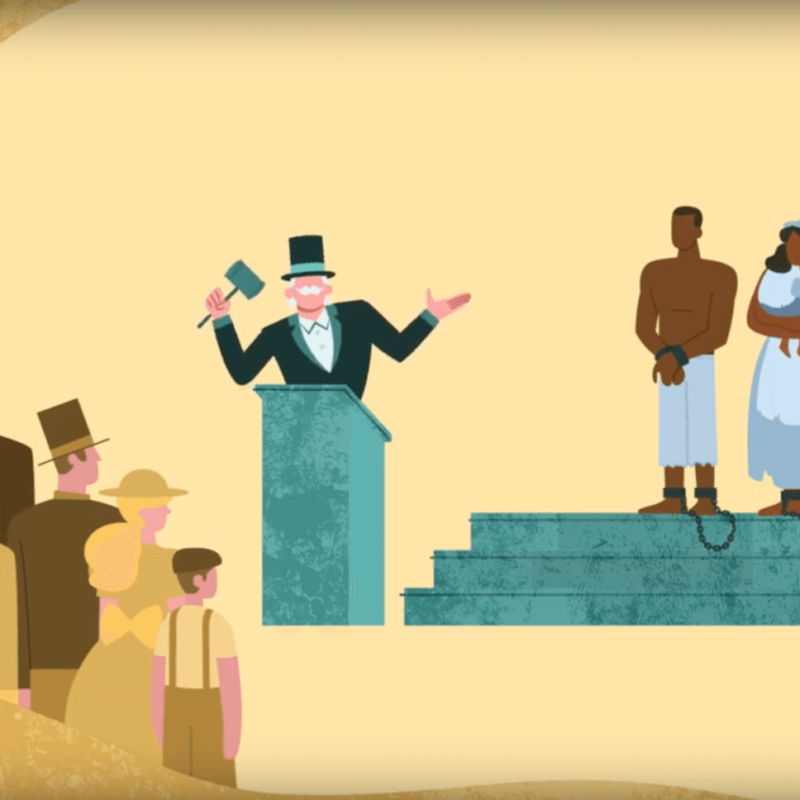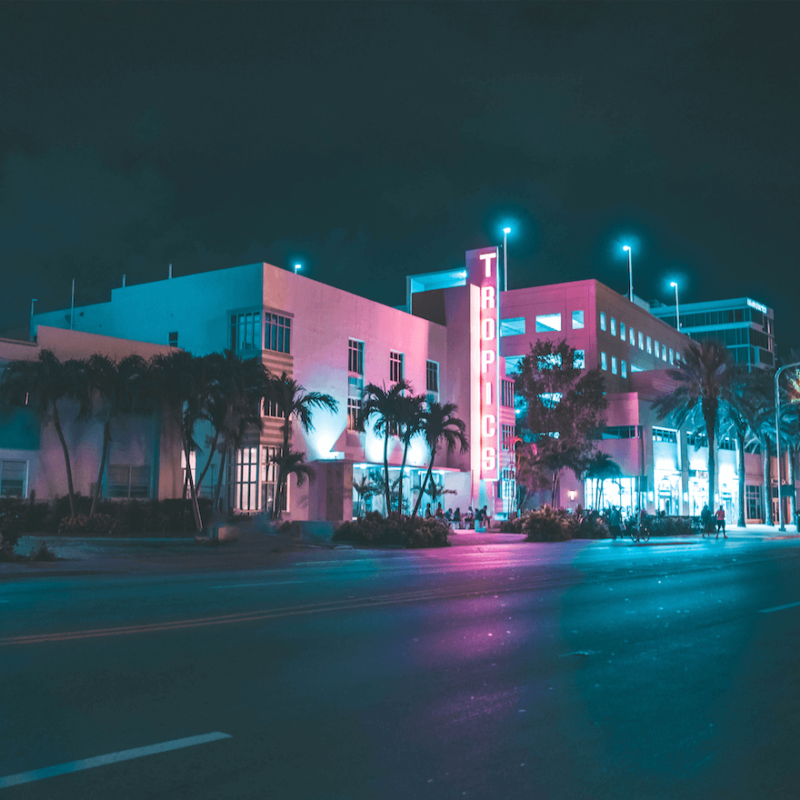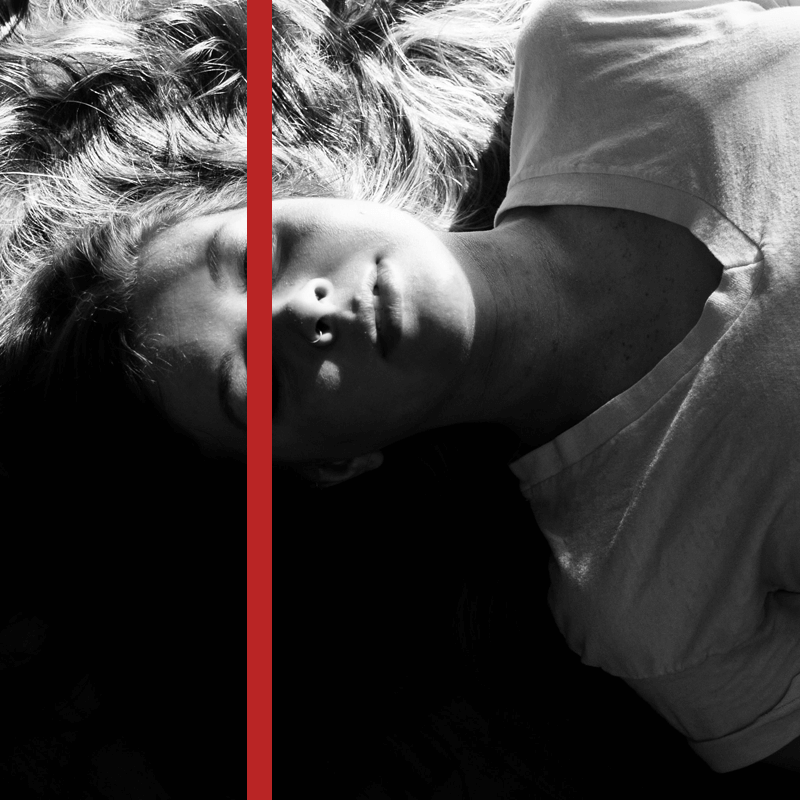I was trafficked at a brothel-type warehouse, on the edge of Portland, Oregon, from age 11-14.
At the warehouse they sent different types of men to different girls, according to our “aptitudes” and skills. My life with a sociopathic father, who was all about his good-guy image, made me a fit for one group of sex buyers in particular. We will call them “the good guys” since that is what they purported themselves to be.
These were the kind of men that no one would ever suspect of buying a child in order to rape them. But each night at the warehouse these “good guys” taught me what the heart of this world of prostitution is.
Before each man opened my door, the guard over my room block would come in to check on me. When he did he always whispered something about the man he was about to bring in. This tip he spoke would inform me what the next man wanted me to be.
I quickly learned that no one saw or wanted to see me, to see us, the prostituted. My job on these nights was not to give each man the true me. My job in prostitution was to disappear into their delusions until they were satisfied.
I quickly learned that no one saw or wanted to see me, to see us, the prostituted.
Some men wanted to be in control and to play out a violent rape fantasy. Some men wanted me to project the illusion that I was the one desperate for sex with them. As for the “good guys,” they preferred the illusion that I was in control, making them do this to me. And that is how we always began.
Even before I saw their good-guy projection, I smelled the simultaneous repression and compulsion that bound them together. That smell became as distinct to me as the smell of rose that my grandma always wore. Their desire to project the good guy image demanded the repression of their perversions in the light of day. But their compulsion to release those perversions brought them to me every night.
To survive the nights, each girl had to find her own unique hidden strengths. One of my strengths is being able to sense the emotions, needs, and desires of people around me acutely. So, as each man walked towards me, I would lock onto them to sense what was in them.
What I sensed were variations on pending explosions of rage and guilt, as well as compulsions to rape and punish. This swirl of dark emotions and forces was what I called the “black hole” within each man. Sensing each man’s unique black hole—knowing exactly what they wanted from me—helped me survive until the door closed behind them. But there was a cost.
The one-way street that prostitution is left me with all their black holes coming into me, but with no way to expel them from myself. So I became a human garbage can for the perversions of men with no trash man to take it away from me.
I became a human garbage can for the perversions of men with no trash man to take it away from me.
For me there was no release. But my first and last job for each man was moving them to the point of release. Releasing their sexual compulsions and perversions was never my choice. I would have left it all inside them, but the choice was never mine. I often presented the illusion of being in control, but I had no real power in this one-sided transaction of prostitution.
Prostitution is a command performance. For me, each performance moved through a progression of acts, like a play, so to speak.
With the “good guys,” in Act 1 I projected to be powerful, despite my powerless position. I incited them to do exactly what they came there to do. This allowed them to remain the “good guy” in their own mind. I acted “bad” so they could remain “good.”
In Act 2 I reverted to my actual powerless position as they exploded their raging, raping perversions all over me. I learned that their release required the illusion of my control to make their moment of overpowering me more satisfying. In rape culture, rape is a prize that is the most satisfying when it is attained through a struggle.
After the release of rape, rage, and perversion comes relief, but sometimes also guilt. Men who are not sociopaths, who have some level of conscience, will have guilt. Most men wash away the guilt of exploitation by seeing us as inhuman or by seeing the moment as an emotionless transaction. Some men, though, require more than that to be released from their guilt.
The “good guys” needed reassurance that they were not to blame. They needed to reassert that they were still good guys. So in Act 3 we played out their delusion of my control again. This time, though, it played out in an S&M scene of them punishing me for what I had made them do. This “expunging” of their guilt freed them to begin their cycle of repression and perversion again.
This last act is the act we have been living in as a culture. It is easier to blame the exploited than to make the not so “good guys” take responsibility for their actions. We cannot heal, though, or change as a culture while we are moving in and out of delusion ourselves. Seeing the broken guy, masquerading as a good guy, for what he is will give both him and us the opportunity to heal.
Even when the door closed behind them, ending these scenes of tragedy, I never really let myself feel freely. In the explosions of emotion and perversion that prostitution is there was no room for my feelings or my humanity.
But despite the delusions of these men, I remained human—dissociated—but still human throughout my long dark night of exploitation. Not seeing the enslaved as human does not actually make them any less human.
We, the formerly exploited, are now letting go of our perceived inhumanity, extending our hand of humanity to you. We believe when you hear our stories, you will see, connect with, and affirm our humanity. This connection, this seeing, is how we will together begin to change the broken stories of our culture. I speak my story to offer a true seeing that only comes through connection. I speak my story to create a fire of empathy that will help us #See2Free the exploited among us.





